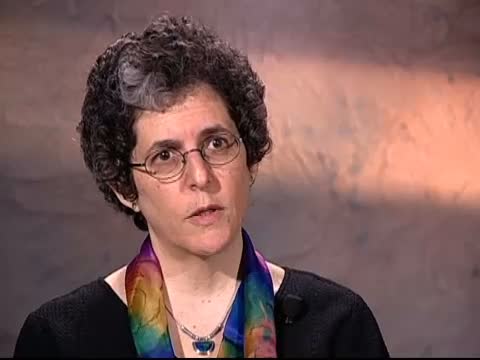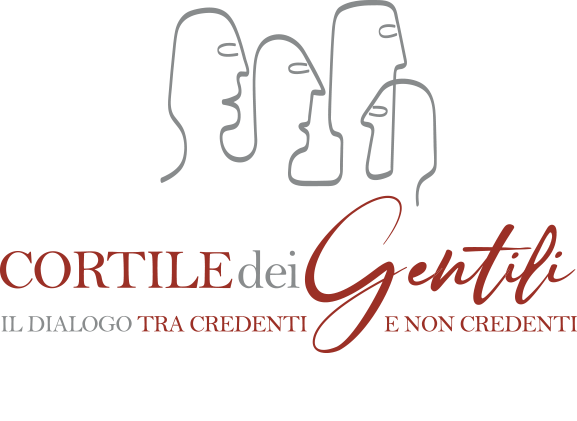
10 Feb Judaism and Dialogue on the Role of Reason
The special “The Remains of Regensburg” is edited by Gabriele Palasciano. Text by Ruth Langer.
In his 2006 address at the University of Regensburg, Pope Benedict XVI argued for the intrinsic relationship between faith and reason. Not only is reason critical to theology’s quest to understand matters of faith, but the reason generating empirically demonstrable truth cannot stand alone without the moral and ethical guidance gained from God’s revelation, the logos, also a form of reason. The addressees of his talk were not only the university community or Christians. Pope Benedict concluded by saying, “It is to this great logos, to this breadth of reason, that we invite our partners in the dialogue of cultures.”
To Pope Benedict, this was a genuine invitation, but was it one to which my community, the Jewish community, could, should, or would respond positively? In general, the problems that the pope sought to address are ones that we share and that persist: a world that has pushed aside religion and its moral authority and a world convulsed by violence, often generated by interreligious rivalries. However, the pope’s presentation of the categories of the problem are so specifically Christian that any actual dialogue needs to begin with demonstrating our points of difference, not of commonality. I offer this response as one who is indeed engaged in dialogue, most frequently with Catholic theologians. I speak only for myself and not for the larger and complex Jewish community.
The pope’s diagnosis of the challenged role of religion in the contemporary university was and remains fundamentally correct. Public universities in the United States and most private ones increasingly question religion or theology as a category of academic inquiry, excluding it from its historically central role as a category of human culture. Today interest in and funding of the humanities in general are challenged, only exacerbating this reality. This is not entirely dependent upon, but is influenced by the empirical sciences’ all too frequently rejection of religion as a source of understanding the world because its teachings generally cannot be demonstrated through controlled experiments. The pope correctly points out that while science may provide factual answers about human origins, it cannot answer “why,” and it does not address the question of human destiny.
The pope only indirectly addresses the scientists’ dismay at the destructive forces loosed by religion in our world. He perhaps alludes to them in his references to jihad and his rejection of using violence for the sake of religion, but this is not central to his discussion. Yet, this concern needed to be answered in 2006 and remains an issue today. Yes, religious authority, like any authority, can be, has been, and is abused to the ill of society – but this is misuse of religion’s teachings and is not a reason to denounce all of religion any more than unethical applications of scientific findings should be permitted to stymie all scientific progress. Indeed, the moral aspect of religions, their consciousness of sin and the need to repair this sin, means that once sin has been identified, the means of rectifying behavior are ingrained in their systems. The repair work of Christian-Jewish relations is one stellar example of this transformation of a formerly abusive interhuman relationship into one of growing respect and peaceful interaction.
[…]
